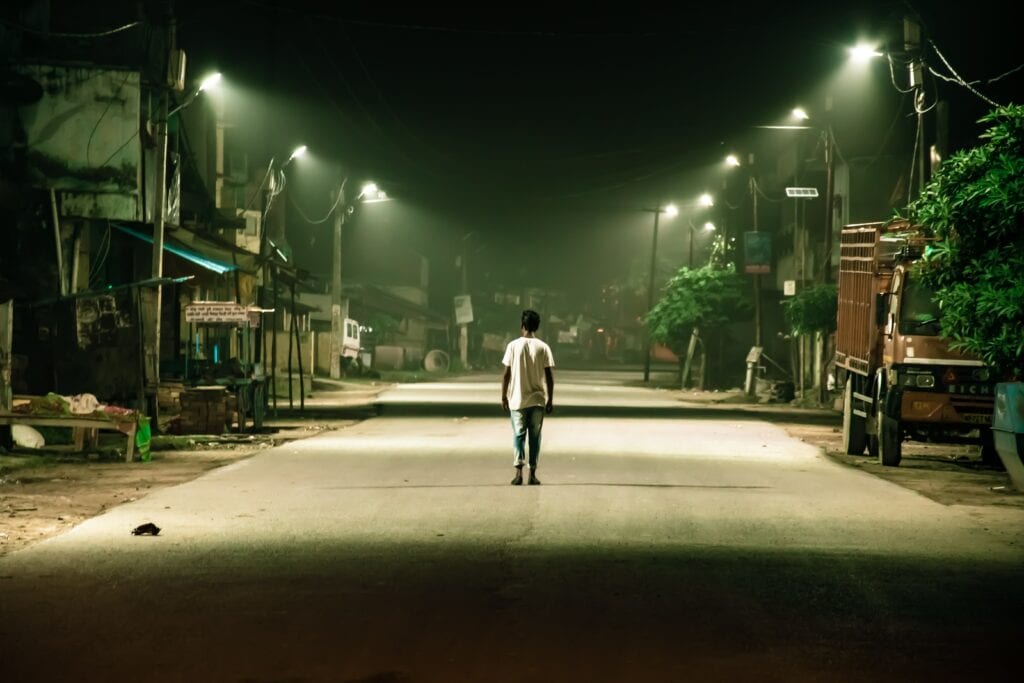4 min read
Given that over half of Bangladesh’s 165 million population is under the age of 35, youth are at the core of Bangladesh’s economic recovery and vitality. One of the country’s prominent development challenges has been providing gainful employment for the 2.1 million young people joining the workforce each year.[1] Not only is the country’s waning garment manufacturing base struggling to absorb the volume, the lack of diverse industries fails to meet the aspirational needs of highly educated young professionals. A promising pathway to nurture the creative potential of Bangladeshi youth is entrepreneurship.
The global startup economy creates nearly USD 3 trillion in value.[2] Startup ecosystems benefit the wider economy and society through innovation, job creation, regulatory advancements, the development of new sectors and cultural transformation. Innovation boosts operational productivity and competitiveness, spurring not only the creation of jobs, but also the creation of high-quality, well-paying jobs. By fostering business-friendly environments, governments can also nurture the development of future-ready firms that drive global competitiveness and raise living standards. With young people at the helm, a systematic approach to develop Bangladesh’s startup ecosystem is an opportunity to leapfrog the country’s development.
Over the past decade, Bangladesh has made significant investments in higher education. The dividends are now coming in. Notably, it has excelled in science, technology, engineering and mathematics (STEM) subjects, laying the groundwork to thrive in the digital economy. Today, Bangladesh hosts the second largest pool of online labor in the world.[3] Furthermore, the country’s demographic, education and digitalization conditions have served to foster high-growth, knowledge-based and technology-driven companies – what we essentially call startups.
Even during the pandemic, the government recognized the importance of supporting these startups. The Ministry of Information, Communication Technology (ICT) had requested 1 billion BDT (approximately USD $12 million) from the Ministry of Finance to bankroll 1,000 start-ups by the end of 2021.[4] Given that the pandemic demanded that the government reprioritize its long-term gains and short-term needs, a sound regulatory business environment alongside government funding will be critical to garner interest from early-stage commercial investors, who then provide the leverage for start-ups to scale. As of 2020, Bangladesh has over 1,000 active startups, generating over 1.5 million jobs, and attracting more than USD $200 million in international investments.[5] While still a relatively small frontier market, the startup ecosystem provides impetus for economic vitality in the post-COVID world.
All being said, it is also imperative to ensure that the growth is inclusive and sustainable. Youth Co:Lab, co-created in 2017 by the United Nations Development Programme (UNDP) and the Citi Foundation, aims to establish a common agenda for countries in the Asia-Pacific region to empower and invest in youth, so they can accelerate the implementation of the Sustainable Development Goals (SDGs) through leadership, social innovation and entrepreneurship. Youth Co:Lab is positioning young people front and center to solve the region’s most pressing challenges.
Some notable examples of social start-ups from the Youth Co:Lab portfolio include:
- iFarmer, an integrated financial services and agricultural supply chain management platform that offers flexile financing for farmers and investable agricultural assets to individual investors. The company now has over USD $1 million under management.
- Shuttle, an app-based transportation service that offers specialty services for female passengers in the safety-concerned Dhaka market. The company also introduced a B2B service line in response to the pandemic.
- Moner Bondhu (the Bengali translating to something like ‘soul’s friend’), a mental-health and wellness services platform enabling greater access to counselling services while raising awareness on mental health. The company has served over 10,000 clients and reached over 200,000 people through virtual engagement.
The UNDP in Bangladesh also plays an important convening role for multi-stakeholder dialogue on social and environmental impact in the startup ecosystem. Upon convening for the Accelerator Bangladesh Ecosystem Diagnostic Dialogue 2.0 in December 2019, stakeholders concluded that there is a need to create an open source platform for information about the entrepreneurial ecosystem. Expected to launch by mid-2021, the web platform will be a virtual living document, designed to facilitate the entry of new players and maintain the dynamism of the ecosystem. In order for social impact to thrive alongside commercial interests, the platform will pay attention to sustainable development indicators. By weaving social impact into the DNA of the start-up ecosystem, we can imagine a more equitable and more prosperous future for Bangladesh.
Learn more about the intersection of the startup ecosystem, social innovation and sustainable development in Bangladesh by visiting www.youthcolab.org or contact Fayez Ahmed at [email protected].
[1] Building Competitive Sectors for Export Bangladesh, International Finance Corporation (2020)
[2] Policy Actions for COVID-19 Economic Recovery, Startup Genome (2020).
[3] How the Digital Economy is Shaping a New Bangladesh, World Economic Forum (2019)
[4] ICT Division Seeks 1 Billion BDT for Startup Bangladesh Co, The Daily Star (January 2020)
[5] Bangladesh Startup Ecosystem, Lightcastle Partners (2020).


















